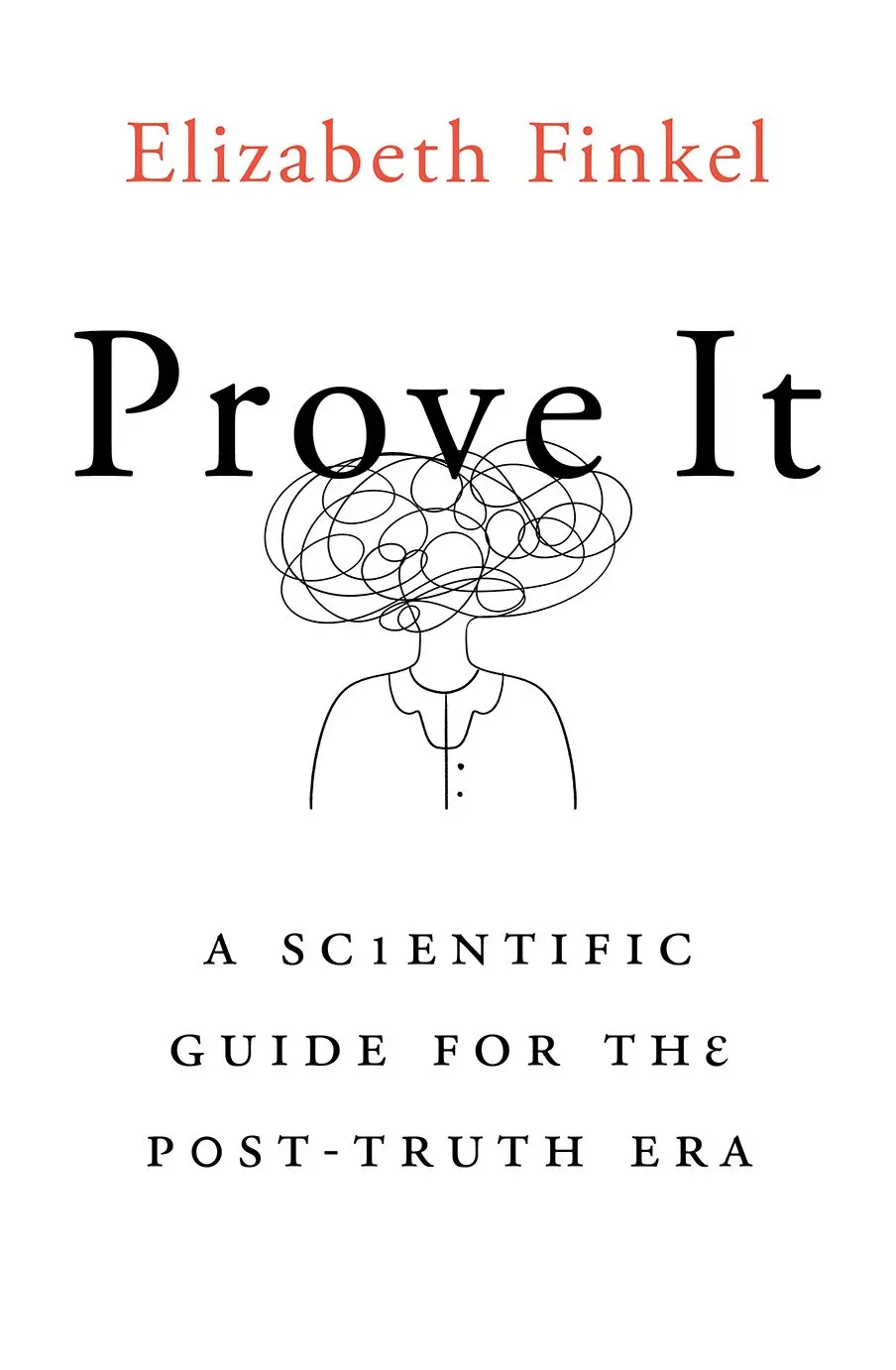PHOTO
Here’s a book for the deep thinker in the family: it’s called “Prove It” by biochemist Elizabeth Finkel. The sub-title is 'A Scientific Guide for the Post-Truth Era', but don’t let that put you off. It is a profoundly readable guide to today’s thinking.
I found the introduction just a tad threatening. It lays down the rules, how we think and what we think about, but it’s soon dealt with, and we set sail into the grand mysteries, starting with Covid. What is it? Where did it come from? And how should we deal with it?
Elizabeth Finkel is a scientist first, but she’s also an excellent writer, clear, concise and (yes) entertaining. The first section of the book is all about Covid, but it’s also about science in action.
The next chapters, which paint a frightening picture of science misapplied are a devastating case-study of medicine and the misuse of the scientific method.
Finkel goes into detail with the story of ivermectin.
This chemical was in use as a specific against parasitic infections. It worked, in tiny doses taken twice a year. The medicine was effective and the statistics sound. However, a case study was the country of Peru: although it shared many problems such as a growing population, a weak healthcare system, and multi-generational households, Peru’s death rate was more than twice that of the USA or Brazil.
Peru was the first country in the world to include ivermectin in its attempt to halt the pandemic, because it was better “to do something rather than nothing”.
And this was together with an almost global rejection of evidence-based medicine, in favour of scams, disinformation, and a rapacious medical industry.
Finkel’s description of the science of medicine, today, is perhaps cheering, with her description of how a clinical trial should operate. What is less comforting is her assessment of bodies such as the US Independent Medical Alliance, who promote ivermectin for a variety of ailments.
Einstein, Popper, gravitational waves, human consciousness, even human thought itself: Elizabeth Finkel has the field covered. A fascinating study of how science works for all of us.





